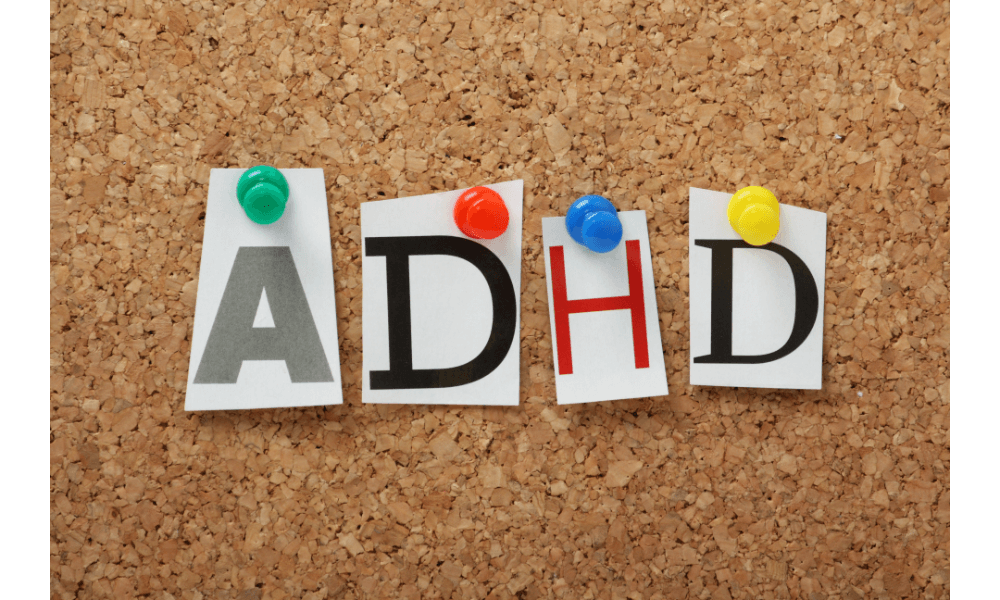Understanding ADHD: Signs, Symptoms, and Treatment Options
Hey there! Welcome to Reframe Counseling Services, where we're all about understanding Attention-Deficit Hyperactivity Disorder ADHD. We know that having ADHD or caring for someone who does can feel a little overwhelmed when it comes to their mental health leading to trouble focusing, and lose track of their day-to-day actions.
But with the right information, things can become much easier. So, let's dive into what ADHD includes, what signs to look for, environmental factors, treatment for ADHD, and some super helpful options that are available.
What is ADHD?
So, what is ADHD anyway? Well, it's a condition that can make it challenging for a person to pay attention and control impulsive behaviors. Picture your brain like a super-fast sports car. Now, imagine if the brakes weren't working properly - that's kind of what ADHD feels like.
There are different types of ADHD, depending on which symptoms stand out the most. And while we don't know exactly what causes ADHD, research shows that things like genetics and brain structure could be involved.
Signs and Symptoms of ADHD
Now, let's talk about some of the signs you might see in someone with ADHD. This could be things like having trouble staying focused on tasks or being easily distracted - like trying to read a book while a rock concert is going on! It's important to remember that these symptoms aren't the person's fault - it's just the way their brain is wired.
Impact of ADHD on Daily Life
Having ADHD can impact everyday life in a big way. It can be hard to keep track of time, and things like schoolwork or even social situations can be a real challenge. Some people with ADHD may also have trouble following conversations or frequently lose their belongings.
Plus, ADHD often doesn't come alone - it can bring along other issues like anxiety or depression. It's like trying to juggle multiple balls at once - while also walking on a tightrope!
Diagnosis and Evaluation
When it comes to diagnosing ADHD, it involves taking a closer look at a person's behavior and history. It's not as simple as taking a blood test or a one-time observation. Instead, it's a process that takes into account different aspects of their life, like their performance at school, behavior at home, or interactions in social settings.
It's like putting together a complex jigsaw puzzle where the picture is the person's life, and each piece represents a unique aspect or behavior that we need to consider.
Treatment Options for ADHD
What about treating ADHD? Well, it's usually a mix of things like medication, behavior therapy, and changes in daily habits. It's about finding the right balance that helps the person manage their symptoms best. Medication can be really helpful for some, tuning down the noise so they can concentrate better.
Therapy, on the other hand, can equip individuals with coping mechanisms and strategies to handle ADHD-related challenges. Lifestyle changes, like regular physical activity, a healthy diet, and sufficient sleep, can also make a significant difference. It's like adjusting the different instruments in an orchestra to create a beautiful symphony.
Behavioral Strategies and Support
There are also strategies that people with ADHD can use to make things easier. This might be creating routines, setting reminders, or using tools to stay organized. You could use apps for task management, or set alarms as a reminder for important chores or assignments. Having a set place for everyday items can also prevent misplacing them.
And remember, it's all about progress, not perfection. Practice makes progress! So, don't forget the power of positivity - encouraging and rewarding good behavior can go a long way! Reinforcing progress, no matter how small, can build confidence and motivate further improvements. It's all about taking one step at a time!
Seeking Professional Support
Sometimes, getting help from professionals, like our team at Reframe Counseling Services, can be really beneficial. We're here to provide support, advice, and strategies to handle the challenges ADHD can bring.
Our expert team understands the ins and outs of ADHD, and we're equipped with tools and methods tailored to individual needs. Whether it's navigating daily tasks, enhancing focus at school, or coping with feelings of anxiety, we're ready to help. Remember, seeking help isn't a sign of weakness, it's a step toward empowerment and growth.
About Reframe Counseling
So that's a quick rundown on understanding ADHD. Knowing what to look for and what can help is the first step in managing ADHD effectively. At Reframe Counseling Services, we're here to help make your journey a little easier.
If you have any questions or need our support, don't hesitate to get in touch with us. Remember, ADHD is just a small part of who you are - or who your loved one is - and with the right tools, you can navigate this path successfully.

